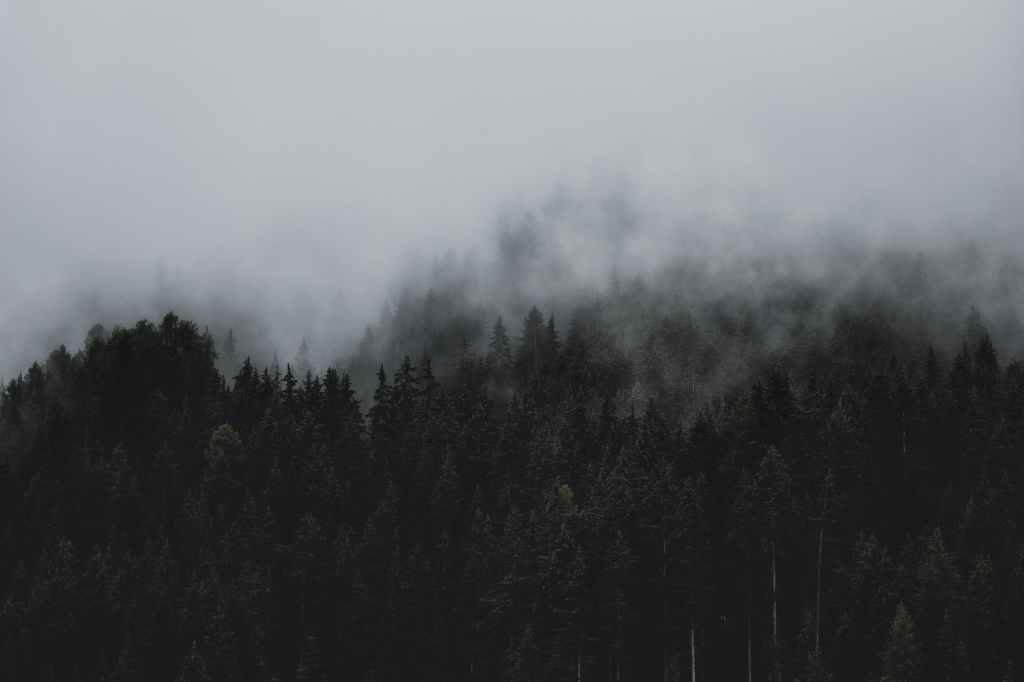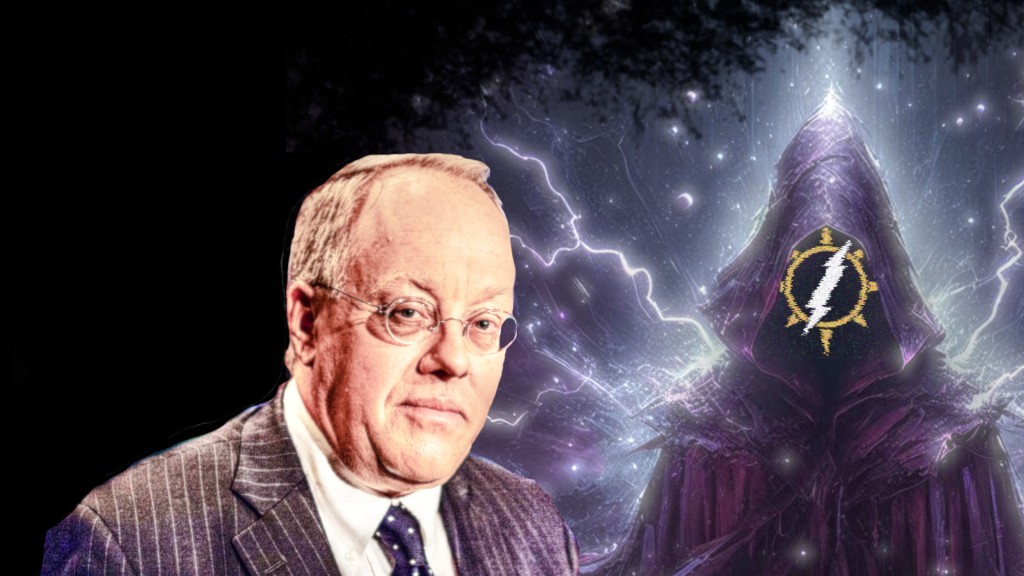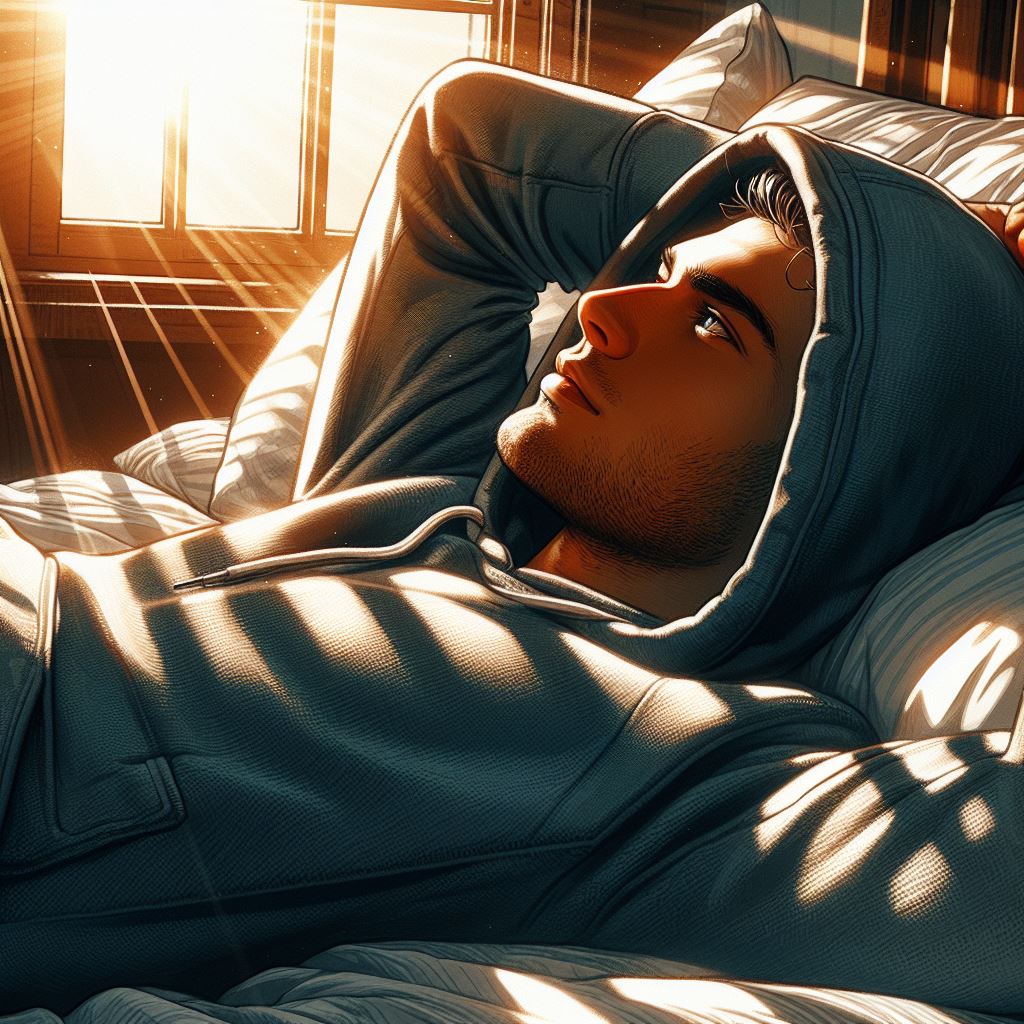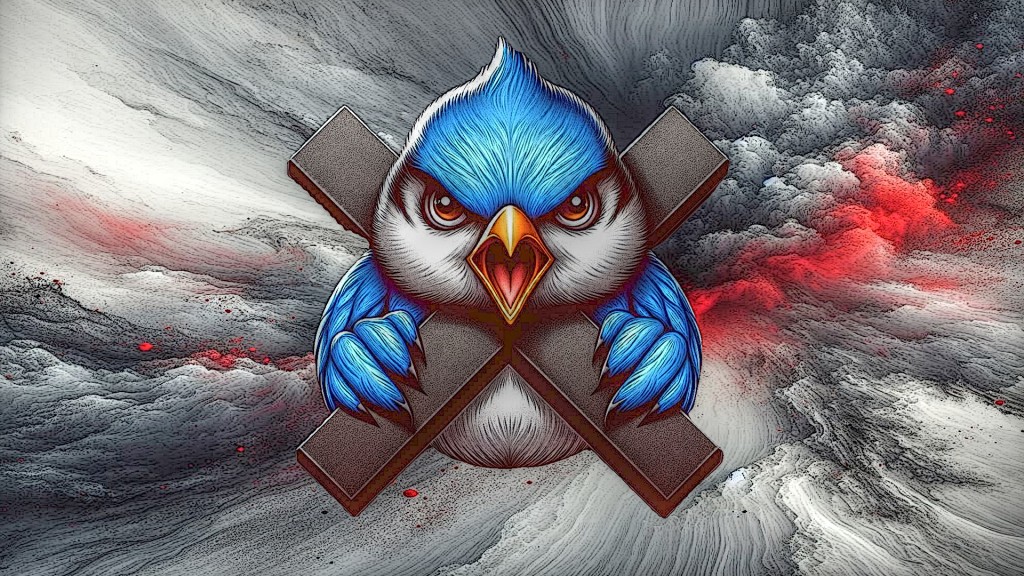Introduction
The Grimdark trope, in brief, refers to a work which is characterized by a combination of desperate conditions, moral uncertainty, a harsh world, and a bleak hopeless outlook. The popularity of several popular Grimdark franchises like Warhammer 40K, Game of Thrones, Dark Souls, and the works of H.P. Lovecraft, amongst others, have influenced the scene of horror, science fiction, and fantasy. Yet, each of the elements that make up the Grimdark trope appear in other works that are not necessarily defined by them. So, what makes a Grimdark work and how can the trope be resolved?
Absence/Meaningless of Goodness
Amongst the religions of the world there is one thing that is agreed upon: evil is an aberration, a manifestation of illusory ignorance. Duality is held to be a temporary state rather than a fundamental aspect of existence. By constant, the Grimdark trope holds to the opposite belief. All forms of goodness are held to be an illusion or even an aberration in a dark reality. Some characters may have personal forms of morality, but these are arbitrary by the rules of the setting. Part of the trope even involves morality often serving as a hindrance rather than having a beneficial effect. If there is morality in the setting it might be obedience to beings or forces that are beyond inhuman, cruel, ancient, and utterly unstoppable.
Negative Outcome
In a Grimdark setting the outcome must always be negative, or at a minimum tainted. The classic way of having this happen is for the heroes to lose. Sometimes this isn’t an explicit defeat. The heroes might even win, but they are hopelessly corrupted in their victory, or it is implied that they have merely won a pyrrhic victory, a false hope that is destined to fail. A true victory of the heroes would necessarily mean that the universe is not as bleak as originally implied. Thus, one can separate a bleak setting from a Grimdark one simply by the outcome.
Corruption to Nihilism
What is the worst fate that a hero can suffer? Is it death? No. Is it torment? No. The worst fate of a hero is to be corrupted to what they hate. Whether through torment, moral compromise, or despair, this is a common occurrence in Grimdark settings. As with the rejection of goodness and meaning in the world, so too must heroic traits fall as naivety passed away. A hero might begin optimistic, but by the end they will at best be a compromised antihero or even an outright villain. Failure to bow to the nature of the dark universe can have only one result, defeat or death. Such is the nature of Grimdark.
Merely having characters undergo harsh treatment in the face of bleak situations is not enough for the Grimdark trope. If the heroes remain unbroken and uncompromised, they in a way refute the bleakness around them. This is the single biggest difference between a setting with dark elements and a Grimdark setting.
Triumph of Nihilism
Having stated the theme of corruption to nihilism, how does this occur in Grimdark setting? Well, the triumph of nihilism occurs when the force of amoralism crushes the character or force that promotes morality and goodness. This could be the death of the Gods, the revelation of compromise within the ranks of goodness, the revelation that the universe is bleak and amoral, or the utter failure of an anti-nihilistic faction to deal with reality without compromise. However it happens, what was once a force for goodness, however illusory, becomes hardened and compromised, accepting of defeat or falling into madness and denial.
Shades of Gray
The only tactics that work in Grimdark settings are those that embrace cynicism, deception, and raw power. Morality or ethics exist as raw conforming obedience to authority, or are entirely rejected for the laws of strength, will, and survival. If there is a publically promoted religion, one can be sure that it exists as yet another cynical tool of authority. If there is a reality to the religion, it is either as a dying corrupted flame of hope, the cult of a lovecraftian eldritch entity, or the result of madness when exposed to a realm that unthinkable to mortals.
A Rotting World
Just as the people and societies of Grimdark settings are nihilistic, so too is the nature of the world. Perhaps the universe itself is dying; perhaps it is horrifically changing; or perhaps it is as uncaring as it has always been, and humanity has merely come to understand that fact. There is no saving the world, for everything worth saving is already gone, corrupted, or exists as it always has and always will.
Using Grimdark
Grimdark settings thematically emphasize the worst aspects of humanity and nature. They are particularly appealing to those who embrace the concepts of cynicism, conflict, and cosmic horror. There is a warning that comes with these themes however. Engaging in this sort of exploration without any solution can come across as a bitter and nihilistic wallowing in cruelty and despair, as though the author wished to take out frustrations upon their own readers. Additionally, like with every horror story and bleak situation, the effectiveness of shock tactics decreases over time. Characters that start out as interesting or shocking can become dull and exhausting with time as they become predictable, the reader expecting little out of them save flaws and compromises. This tendency is worsened by Grimdark settings inevitably trying to remake all character and factions in the same bleak mould.
An Alternative to Grimdark
There is a potential solution to avoiding the trope of Grimdark, even while the world you create is presented as having no engine of goodness within or meaning. This is the death of God and the ascent of the Creators, postulated by Nietzsche as a solution to nihilism. Essentially, the universe is as it has always been in this formulation, without morals, without true purpose, and without judgment. Yet, human society, fundamentally thriving on morality, will sink into despair without purpose upon coming to the realization of this reality, the death of God. The result will be, as perhaps we even see around us now, a decay in meaning or even an outright turn to the illusionary drugs of despair, for such is what the absence of God must mean to them.
To overcome this despair, superior men of will must rise to the challenge and forge a purpose for themselves and others who cannot. By performing this deed they become the Gods who rise out of primordial chaos to create a universe, the Creators. In my opinion, if one wishes to imagine a bleak universe, it is better to present a solution rather than wallowing in adolescent despair. And so I conclude with the following quote from Thus Spake Zarathustra.
There are preachers of death: and the earth is full of those to whom desistance from life must be preached.
Full is the earth of the superfluous; marred is life by the many-too-many. May they be decoyed out of this life by the “life eternal!”
“The yellow one”: so are called the preachers of death, or “the black ones.” But I will show them unto you in other colours besides.
There are the terrible ones who carry about in themselves the beast of prey, and have no choice except lusts or self-laceration. And even their lusts are self-laceration.
They have not yet become men, those terrible ones: may they preach desistance from life, and pass away themselves!
There are the spiritually consumptive ones: hardly are they born when they begin to die, and long for doctrines of lassitude and renunciation.
They would fain be dead, and we should approve of their wish! Let us beware of awakening those dead ones, and of damaging those living coffins!
They meet an invalid, or an old man, or a corpse – and immediately they say: “Life is refuted!”
But they only are refuted, and their eye, which seeth only one aspect of existence.
Shrouded in thick melancholy, and eager for the little casualties that bring death: Thus do they wait, and clench their teeth.
Or else, they grasp at sweetmeats, and mock at their childishness thereby.
Nietzsche, Thus Spake Zarathustra, Chapter 9





